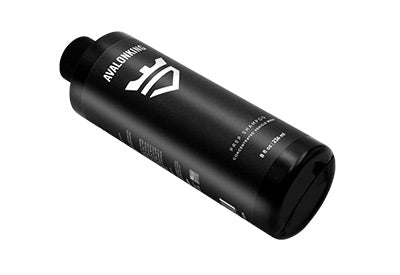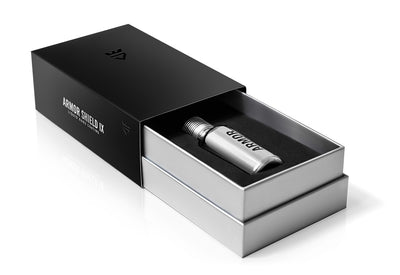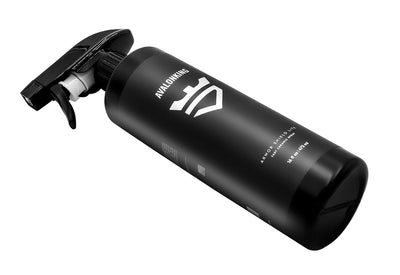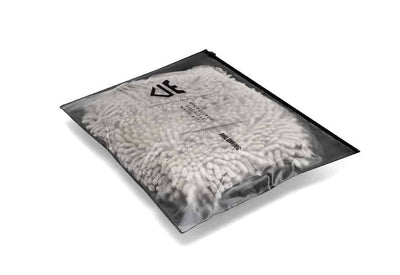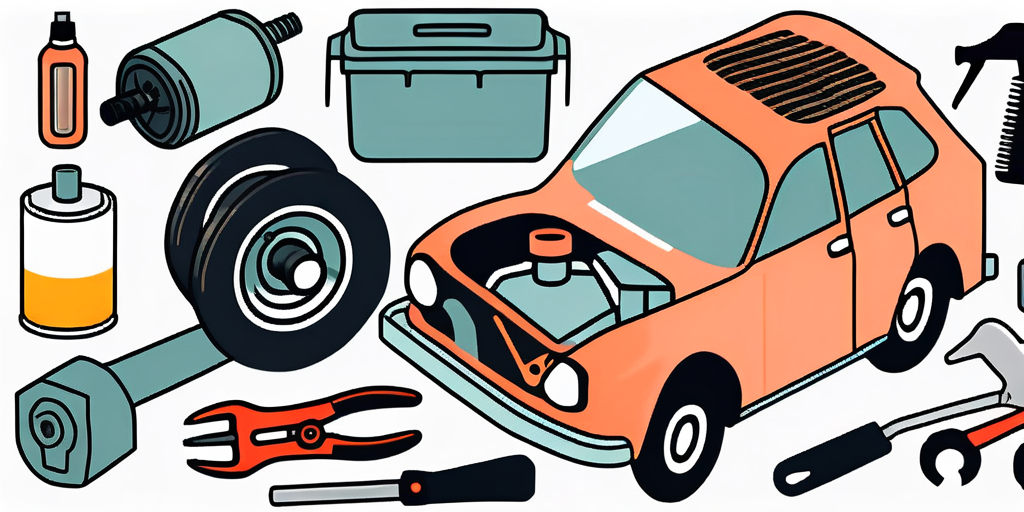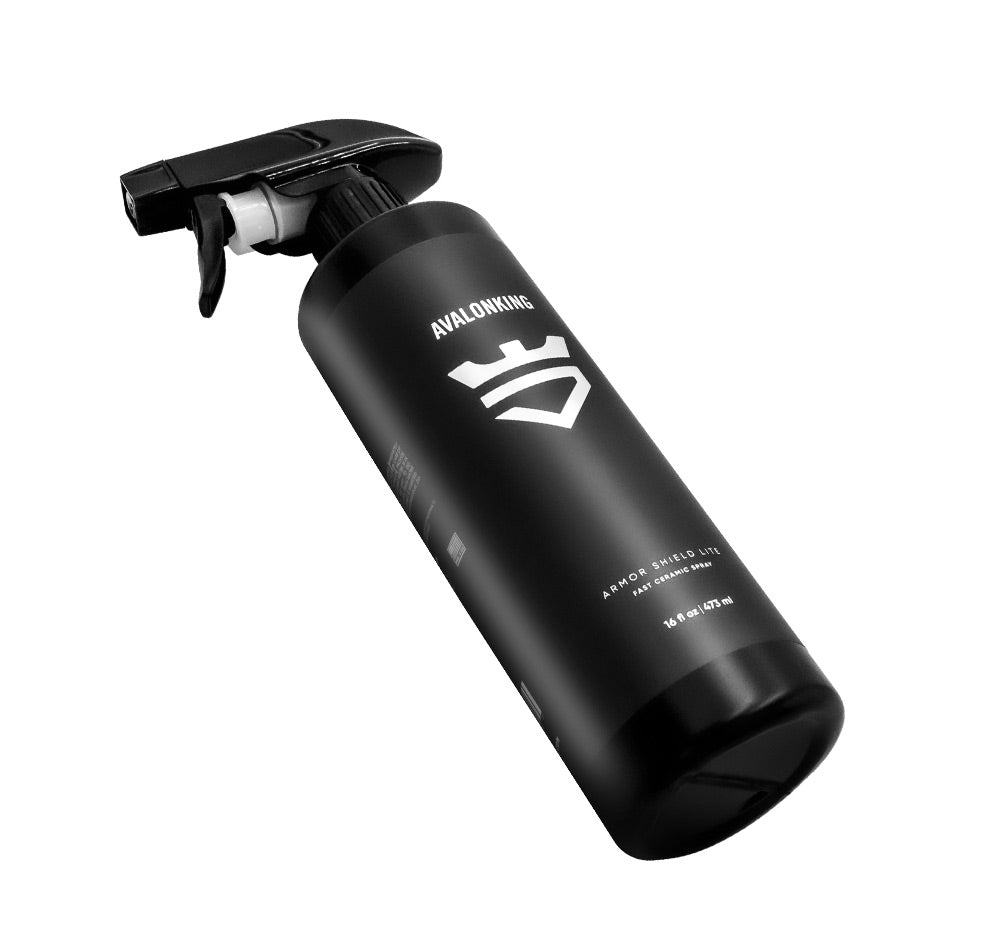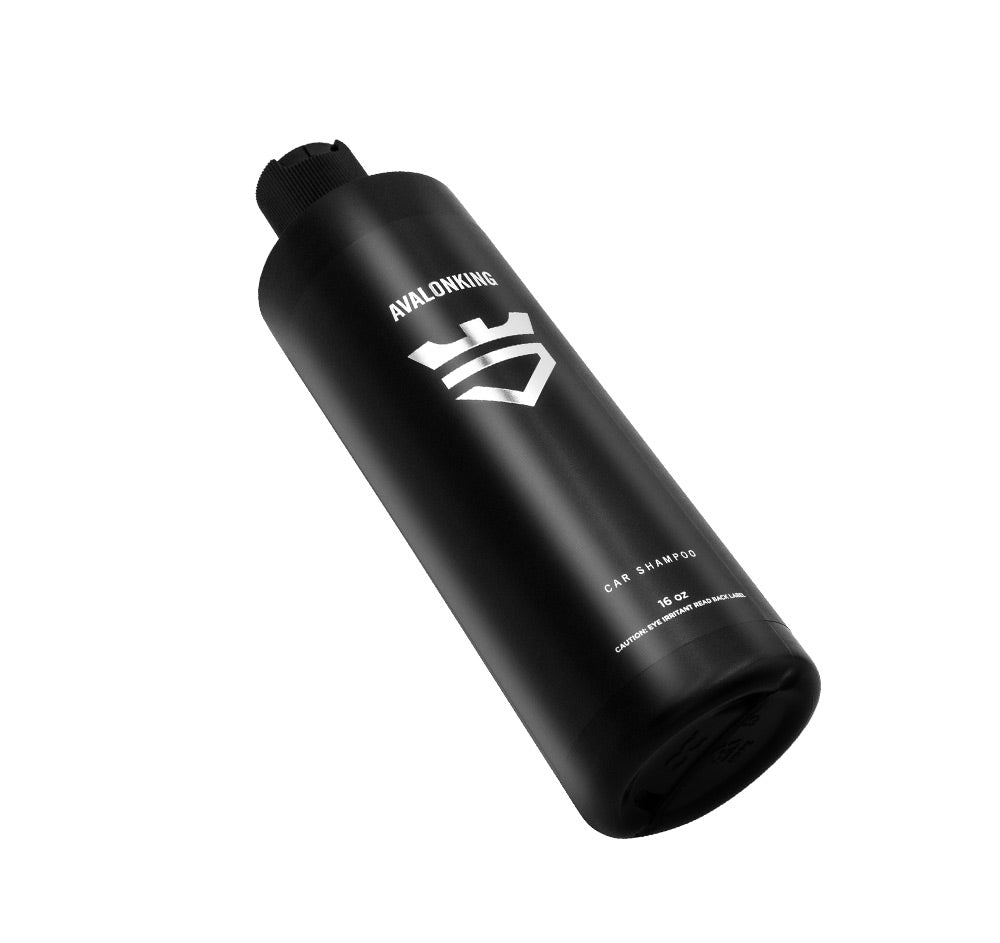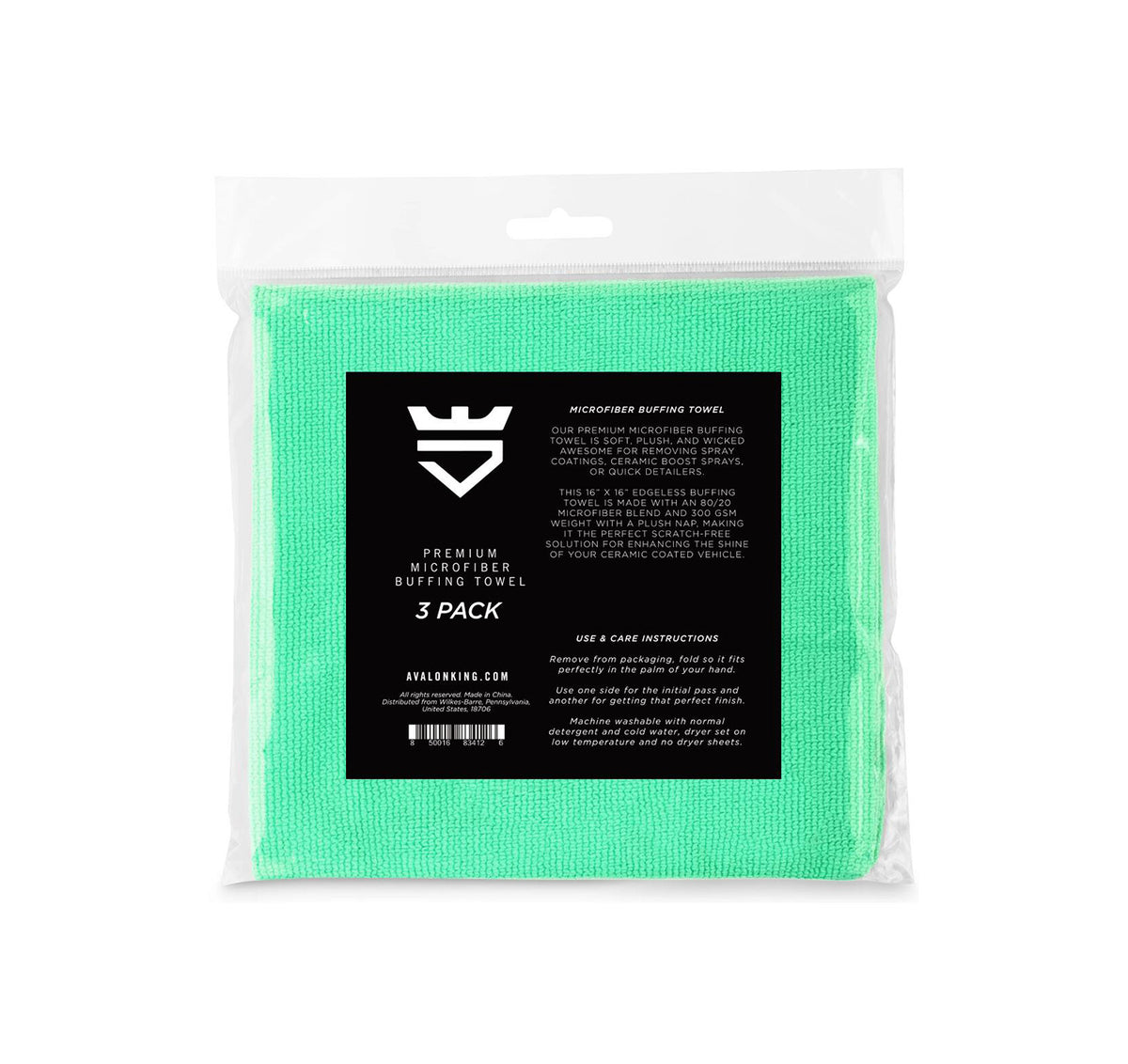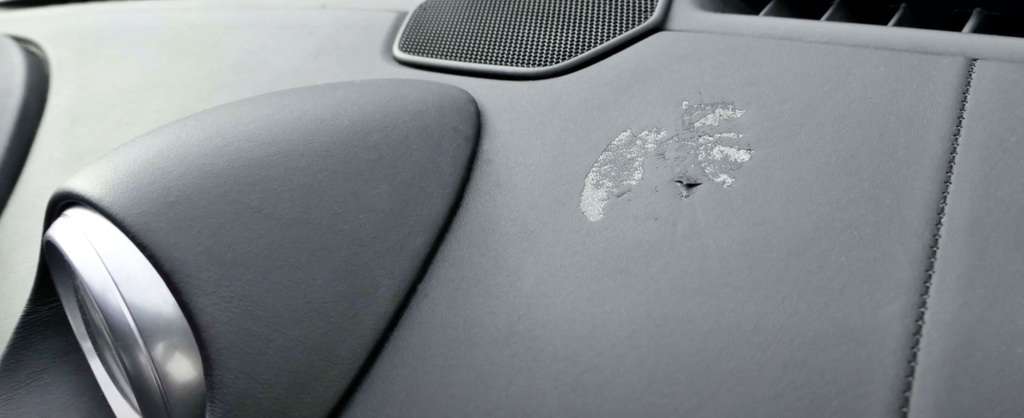Understanding the Basics of Car Maintenance
Before we delve into the specifics, let's take a moment to understand why regular car maintenance is crucial. Many car owners underestimate the importance of routine maintenance, mistakenly thinking that it's only necessary when something goes wrong. However, neglecting regular maintenance can lead to expensive repairs and compromise both your safety and the performance of your vehicle.
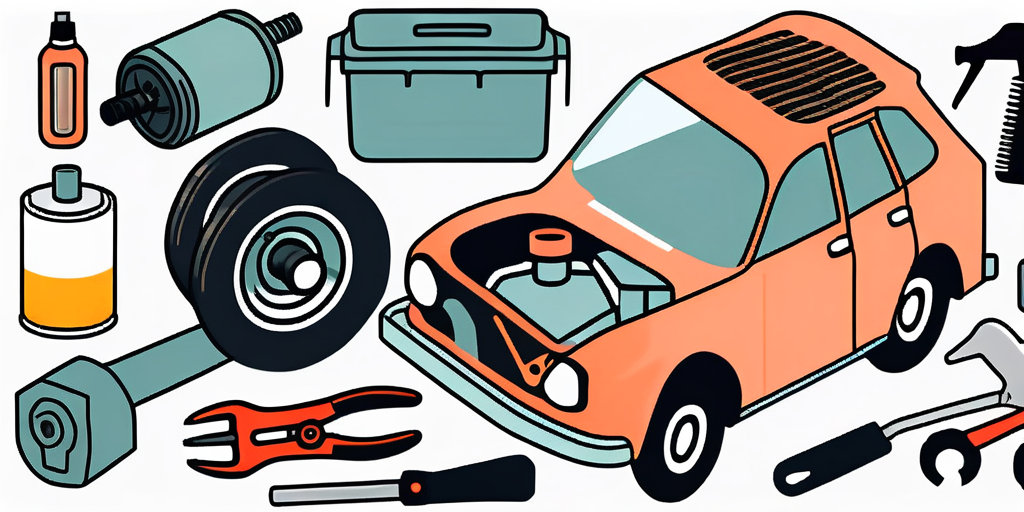
Importance of Regular Car Maintenance
Regular car maintenance plays a vital role in keeping your vehicle in optimal condition. Not only does it help prevent breakdowns and extend the life of your car, but it also enhances safety on the road. By adhering to a maintenance schedule, you can identify potential issues before they escalate into major problems. This proactive approach saves you valuable time, money, and stress in the long run, while keeping your car performing at its best.
Key Components of Your Vehicle
To effectively maintain your car, it's important to have a basic understanding of its key components. Your car is like a complex puzzle, with each piece playing a crucial role in its smooth operation. From the engine to the brakes, and from the tires to the windshield wipers, every component requires attention and care.
Decoding Your Vehicle's Manual
One of the most valuable resources at your disposal is your vehicle's manual. Often tucked away in the glove compartment, this booklet holds a wealth of information specific to your car's make and model. It provides guidance on maintenance intervals, fluid specifications, tire pressure recommendations, and more. Taking the time to read and understand your vehicle's manual will empower you to confidently tackle basic maintenance tasks on your own.
Essential Car Maintenance Tasks
Now that we have a solid foundation, let's take a closer look at some essential maintenance tasks every car owner should be familiar with.
Checking and Changing Your Oil
Your car's engine oil is like its lifeblood. It lubricates the internal components, reduces friction, and helps keep the engine running smoothly. Regularly checking your oil level and ensuring it is clean and at the correct level is a simple yet critical task that should not be overlooked. Additionally, changing your oil at recommended intervals, usually every 5,000 to 7,500 miles, keeps your engine healthy and prolongs its lifespan.
Maintaining Proper Tire Pressure
Your car's tires are what keep you connected to the road. Maintaining the proper tire pressure ensures optimal handling, fuel efficiency, and tire longevity. Regularly check your tire pressure using a pressure gauge and adjust it as needed. Be sure to consult your vehicle's manual or the sticker located on the inside of the driver's side door jamb for the recommended tire pressure.
Replacing Windshield Wipers
Clear visibility is essential for safe driving, especially during inclement weather. Worn-out or damaged windshield wipers can hinder your visibility and compromise your safety on the road. Inspect your wiper blades regularly and replace them at the first signs of deterioration, such as streaking or skipping.
Checking Your Car's Fluid Levels
Fluids are vital for the proper functioning of various systems in your car. These include coolant, brake fluid, transmission fluid, and power steering fluid. Regularly checking and topping up these fluids ensures that your car's systems operate efficiently and reduces the risk of costly repairs caused by neglect.
Regular Brake Checks
Your car's braking system is essential for your safety. Regularly inspecting your brake pads, rotors, and fluid levels is crucial to ensure they are in good condition. If you notice any squealing, grinding, or a spongy brake pedal, it's important to have your brakes checked by a professional without delay.
Preventive Measures for Car Longevity
In addition to regular maintenance tasks, there are preventive measures you can take to ensure your car stays in top shape for years to come.
Regular Cleaning and Detailing
Keeping your car clean not only enhances its appearance but also helps protect it from corrosion and damage. Regular washing and waxing remove dirt, road salt, and other contaminants that can harm your car's paint and undercarriage. Don't forget to clean the interior as well, as a tidy cabin not only looks great but also fosters a pleasant driving experience.
Protecting Your Car from Extreme Weather
Extreme weather conditions can wreak havoc on your car's exterior and interior. Investing in a car cover, parking in shaded areas, and using sunshades can help shield your vehicle from the damaging effects of the sun's UV rays. Additionally, during winter months, regularly washing your car and applying a protective wax can help safeguard it from road salt and other corrosive substances.
Avoiding Aggressive Driving
How you drive can have a significant impact on your car's longevity. Avoiding aggressive driving habits, such as hard acceleration, abrupt braking, and excessive speed, can reduce wear and tear on your vehicle's components. By driving responsibly and smoothly, you can maintain your car's performance and minimize the need for repairs.
When to Seek Professional Help
Despite your best efforts, there are times when professional assistance becomes necessary. Knowing when to seek help can prevent further damage or potential safety risks.
Recognizing Warning Signs
Pay attention to any unusual sounds, vibrations, or warning lights that indicate a potential problem with your vehicle. These warning signs can include engine misfires, grinding brakes, strange odors, or a check engine light. Ignoring these signs can lead to more extensive and costly repairs down the road.
Understanding When DIY Isn't Enough
While basic maintenance tasks can be performed by most car owners, there are certain repairs or complex issues best left to professionals. Attempting to tackle advanced repairs without proper knowledge or tools can lead to further damage or safety hazards. When in doubt, consult with a trusted mechanic who has the expertise to diagnose and fix complex issues effectively.
Finding a Trustworthy Mechanic
Building a rapport with a reliable and trustworthy mechanic is essential. Seek recommendations from friends, family, or online resources to find a reputable mechanic who specializes in your car's make and model. Regular visits to an experienced mechanic can help identify potential problems early on and provide you with peace of mind knowing that your car is in good hands.
By following this beginner's guide to car maintenance, you can keep your vehicle running smoothly, improve its longevity, and ensure your safety on the road. Regular maintenance, essential tasks, preventive measures, and professional assistance when needed are all key ingredients for a hassle-free and enjoyable driving experience. So, let's roll up our sleeves and give our cars the care they deserve!
Ready to take your car maintenance to the next level? AvalonKing has you covered with a premium selection of car cleaning products that you can easily order online. From advanced ceramic coatings to gentle car shampoos, we provide everything you need to keep your vehicle looking pristine and protected for years to come. Check out our products today and experience the difference that quality car care can make!

